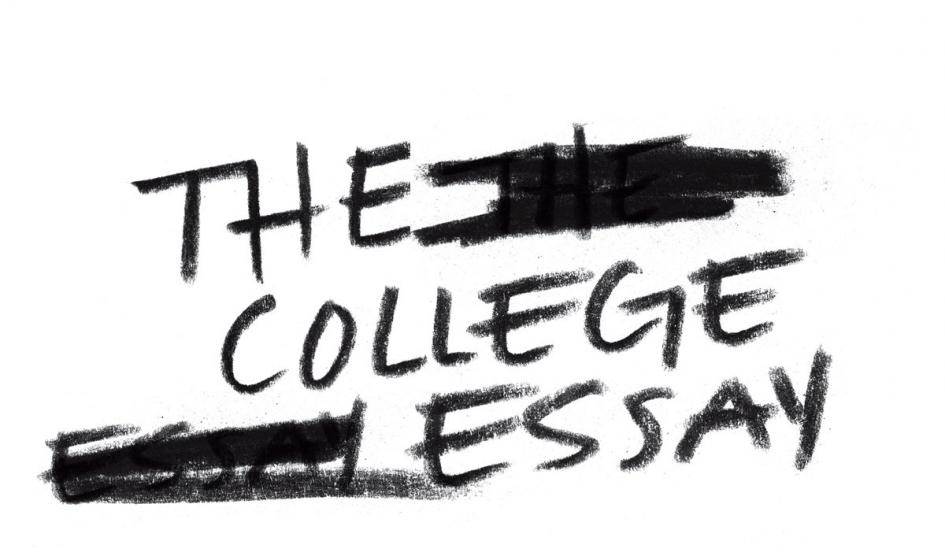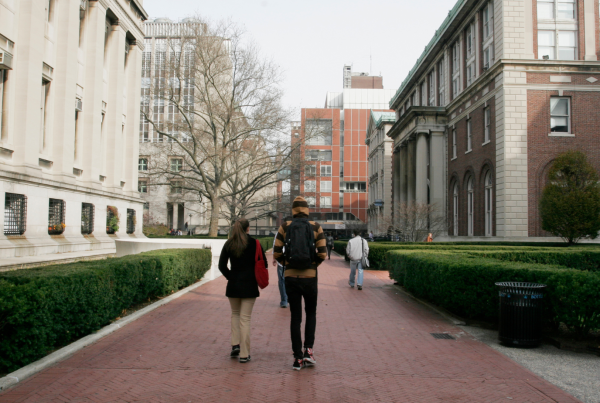 by Dave Best
by Dave Best
“Standing in the middle of nowhere, wondering how to begin. Lost between tomorrow and yesterday, between now and then.” Many high school seniors now need to write their college admissions essays that are due for upcoming deadlines. It can seem daunting. Many may find themselves staring at a blank screen, not sure how to begin.
Where do you start? First, you have to select what you want to write about. Most colleges utilize the Common Application, and here is a snapshot of the five basic prompts available to write about:
- Meaningful background, identity, interest or talent
- Lessons from your failure can be fundamental to later success
- Time you challenged a belief or idea
- Problem you solved or would like to solve
- Accomplishment or event marked your transition from childhood to adulthood
Consider opening your essay with a strong hook like Ray Davies did with his lyrics in his 1984 song “Do it Again” I used to open this post. You can also open with a vivid story about a personal experience. Capture the attention of your audience (college admissions committee) so they are enticed to read on.
Address the prompt and within 650 words (or less) you are done. For many students this can be quite challenging. Some take this assignment literally and write what essentially is a history paper on the topic. Try not to fall into that trap and realize your college essay is your opportunity for the admissions committee to get to know you. Tell your story as you might to a friend or relative. You should always be the star of your essay.
If I took a time machine back to 1983, my college essay would tell the story of my first job and how it paralleled my transition from childhood to adulthood (Common Application prompt 5). Here is how I might have started my essay to give you some ideas of what it might have included:
I never believed my first job as a paperboy would lead me to my future career. Riding my Raleigh bicycle down Harold Street carrying 40 copies of Newsday, every day after school and each morning on the weekends, I delivered newspapers to my neighbors.
My Long Island neighborhood in Oceanside, New York was a suburban oasis a few miles from the Atlantic Ocean. My paper route spanned five blocks and was lined with newer homes, station wagons in the driveways and some with boats on canal front docks in their backyards. The tree lined streets were energized by kids playing sports and riding bikes, with stay-at-home moms and dads who rode the Long Island railroad into Manhattan for work.
My customers relied on me to deliver their paper, which was their go-to source for news, sports and even the movie schedules. Newsday was viewed as Long Island’s newspaper, and I made sure I was punctual, and instead of tossing the paper onto the front lawn, I conveniently and carefully hand-delivered each paper between the screen door and the front door so it was protected from the elements.
Every week I met with each family on my paper route to request payment. I made sure I was always smiling and we spoke about family, the Mets, Jets and Oceanside High School. I always took the time to listen and many families tipped me $0.50, some even $1.00 weekly. Some families were hard to reach and I needed to come back several times before I was paid.
What I actually enjoyed most as a paperboy was learning to account for my paper route. My dad is a CPA for Macy’s and he helped me to create a ledger to keep the books for my business. I kept records of my sales, expenses, accounts receivable and net income. I learned how valuable it was to accurately track which families had not paid, because if they didn’t that was money out of my pocket. Bottom line I earned about a dollar a home per week, or $40, which was pretty good money for a 15 year old student.
I am excited to study accounting in college and apply what I learned as a paperboy. I am ready to work hard and accurately turn in my assignments on time. I look forward to opening the doors to my future and being part of a living and learning community where I will root for the college sports teams and develop life long friends. With my accounting degree I strive to earn my CPA, ride the train to work in Manhattan where I will read my daily newspaper.
So as I illustrated, I delivered a story about my first job to shine a light into my work ethic, my career interest (doing what my dad did), and even touched on my love for sports. The reader could picture my neighborhood and experience what it was like to deliver newspapers. I steered away from cliche essays the admission committees see far too often about Bar or Bat Mitzvahs, Confirmation, Quinceanera, Boy or Girl Scouts. Also note I didn’t start a non-profit, cure cancer or publish a novel. I shared my experience as a paperboy.
When the first admissions reader hands off the admissions essay to his or her peer to also read, hopefully it will be memorable. Consider writing a story personal to you and take an interesting spin on a life lesson you learned from what might otherwise at first seem as mundane.
Beyond grades and standardized test scores, courses and extracurriculars, the admissions essays provide your opportunity for the admissions committees to get to know you as a person. Colleges want to determine whether you will contribute in class and be engaged in campus activities. Will you be a good roommate and a valued citizen?
So don’t get lost between tomorrow and yesterday; this is your time to shine and tell your story. Your admissions essay should sound like a teenager and be written by one. It’s okay for your parents, teachers and college counselor to review your essay and make suggestions. But they shouldn’t write your admissions essay or make it their own.





